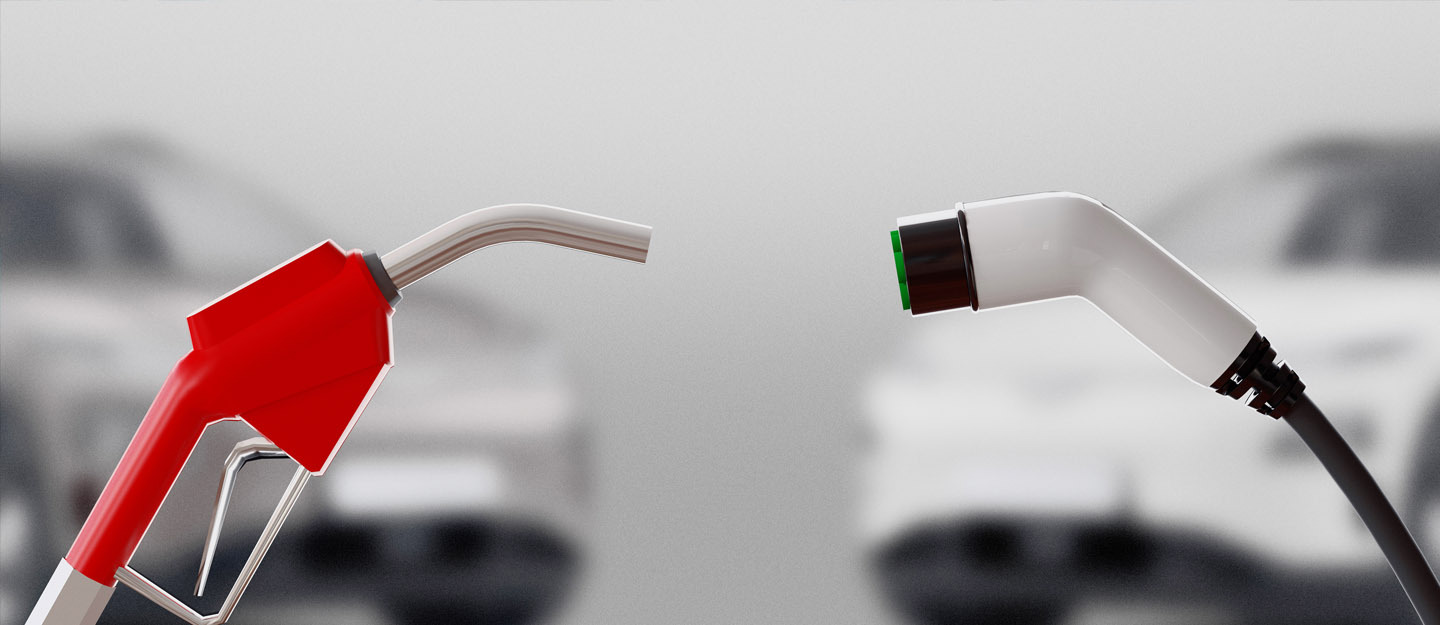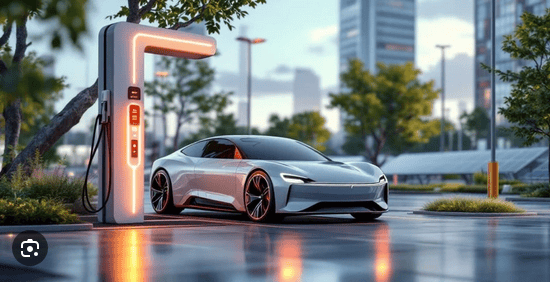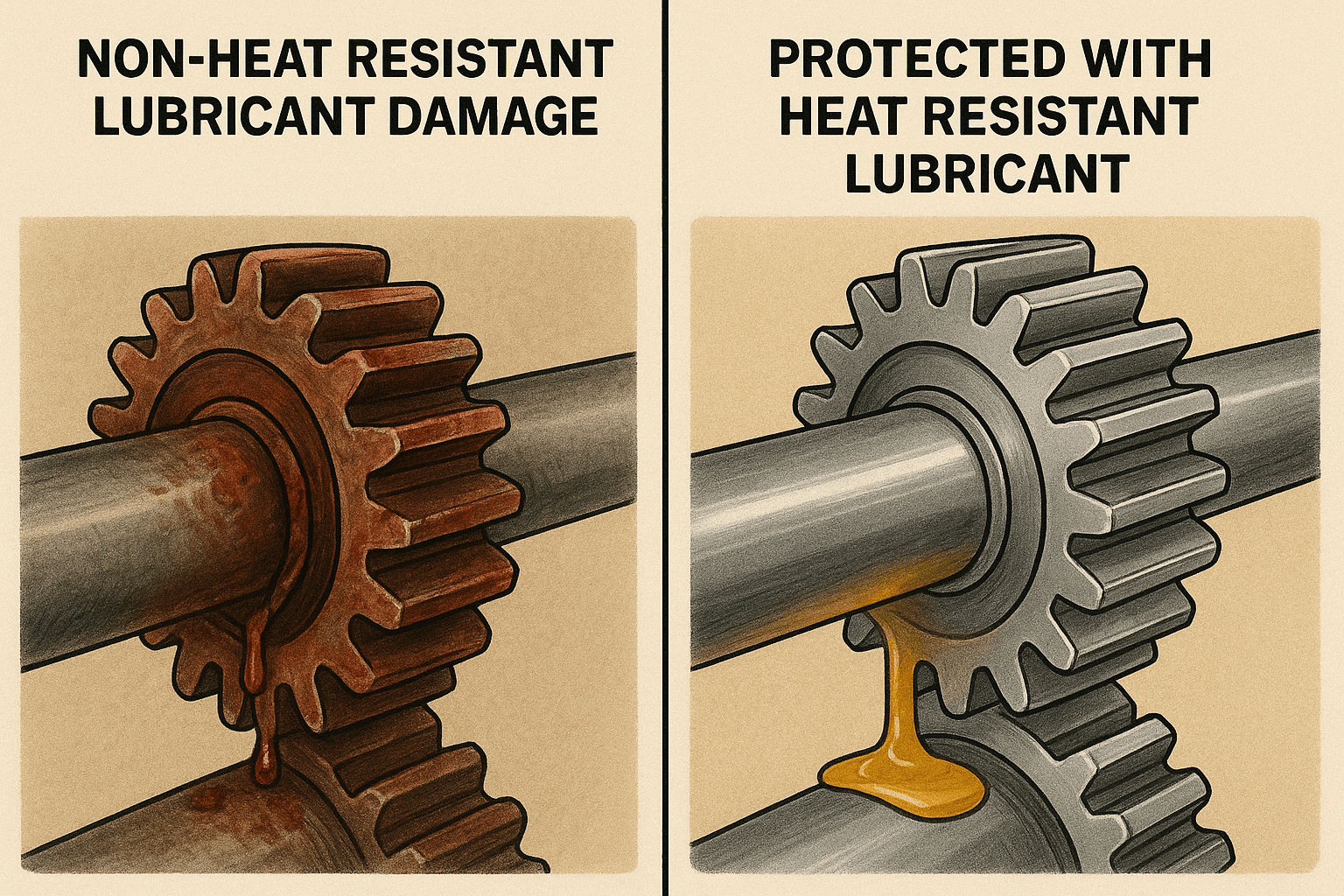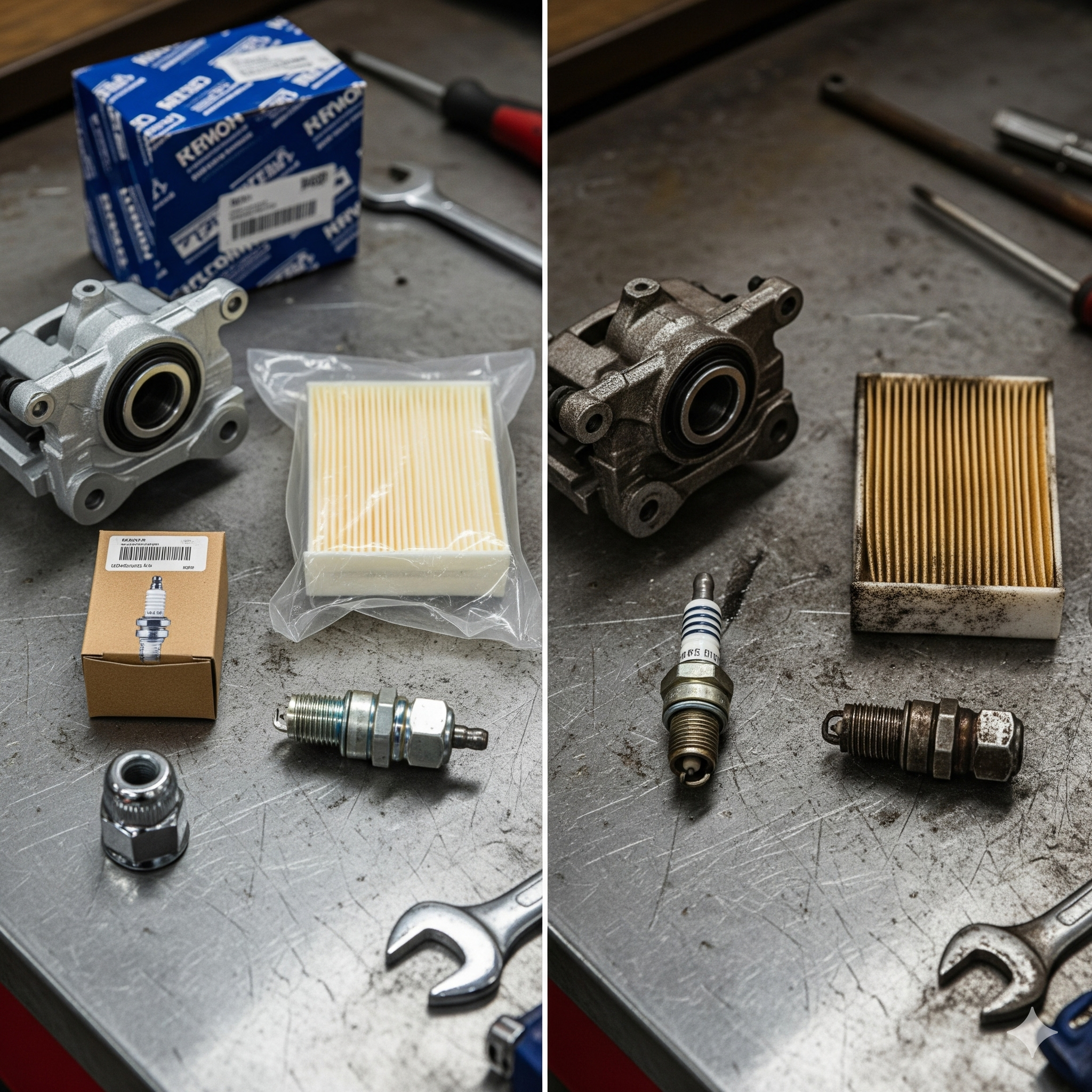Electric, Hybrid, or Fossil-powered: Which Car Reigns Supreme for Spare Part Savvy Drivers?
Navigating car choices? This blog compares fuel, hybrid, and electric vehicles for spare part savvy drivers. Learn about maintenance costs, part availability, and environmental impact to make an informed decision.
Post by: Sawiva | 2025-03-04 15:08:06

Welcome, fellow gearheads and budget-conscious drivers! The automotive world is shifting, and deciding between electric, hybrid, and Fossil-powered vehicles is more complex than ever. As a car spare parts comparison site, we're here to provide data-driven insights to help you make an informed decision.
1. Fossil-Powered Cars: The Familiar Territory
-
Pros:
-
Spare Part Availability: Decades of production mean a vast and affordable spare parts market.
-
Repair Infrastructure: Established networks of mechanics skilled in traditional engines.
-
Initial Cost: Generally lower purchase price compared to EVs or hybrids.
-
Range: In many cases, Fossil powered cars offer greater range than EV's.
-
Cons:
-
Running Costs: Fluctuating Fossil prices and regular maintenance (oil changes, etc.) increase expenses.
-
Environmental Impact: Higher greenhouse gas emissions.
-
Depreciation: Faster depreciation compared to some EVs.
-
Statistics:
-
According to the European Automobile Manufacturers’ Association (ACEA), in 2022, petrol cars held a 36.4% market share of new car registrations in the EU. This indicates that despite the rise of electric vehicles, traditional Fossil cars still have a strong presence.
2. Hybrid Cars: The Bridge Between Worlds
-
Pros:
-
Fuel Efficiency: Reduced fuel consumption through combined electric and fuel power.
-
Lower Emissions: Reduced reliance on fossil fuel.
-
Regenerative Braking: Extends brake life and recharges the battery.
-
Cons:
-
Higher Upfront Cost: More expensive than traditional Fossil-powered cars.
-
Complex Repairs: Hybrid systems can be costly to fix.
-
Battery Replacement: Expensive battery replacements.
-
Statistics:
-
ACEA data shows that hybrid electric vehicles (HEVs) had a 22.6% market share in the EU in 2022, demonstrating their growing popularity.
3. Electric Cars: The Future is Now (But is it Practical?)
-
Pros:
-
Zero Tailpipe Emissions: Environmentally friendly.
-
Lower Maintenance: Fewer moving parts.
-
Reduced Running Costs: Electricity is often cheaper than Fossil.
-
Cons:
-
High Initial Cost: EVs typically have a higher purchase price.
-
Range Limitations: Range anxiety remains a concern.
-
Charging Infrastructure: Charging stations are still developing.
-
Battery replacement cost: Very high cost of replacement.
-
Statistics:
-
Global electric car sales are rapidly increasing. Sources like "Our World in Data" indicate a significant rise in EV market share. In 2023 roughly 1 in 5 cars sold globally were electric.
-
It is important to understand that the production of EV batteries creates a larger carbon footprint than the production of a gasoline powered vehicle. However, over the lifespan of the vehicle, EV's produce less carbon emissions.
Key Considerations for Spare Parts:
-
EVs: Expect less frequent maintenance on traditional engine components, but be aware of potential battery replacement costs.
-
Hybrids: A blend of both worlds, meaning you'll need to consider both traditional and electronic components.
-
Fossil-Powered: A wide range of affordable parts, but regular maintenance is essential.
Data-Driven Conclusion:
-
The automotive market is in transition. While traditional Fossil-powered cars still hold a significant share, hybrid and electric vehicles are gaining traction.
-
When considering spare parts, factor in the long-term maintenance costs and the evolving repair infrastructure for EVs and hybrids.
I hope this helps.


